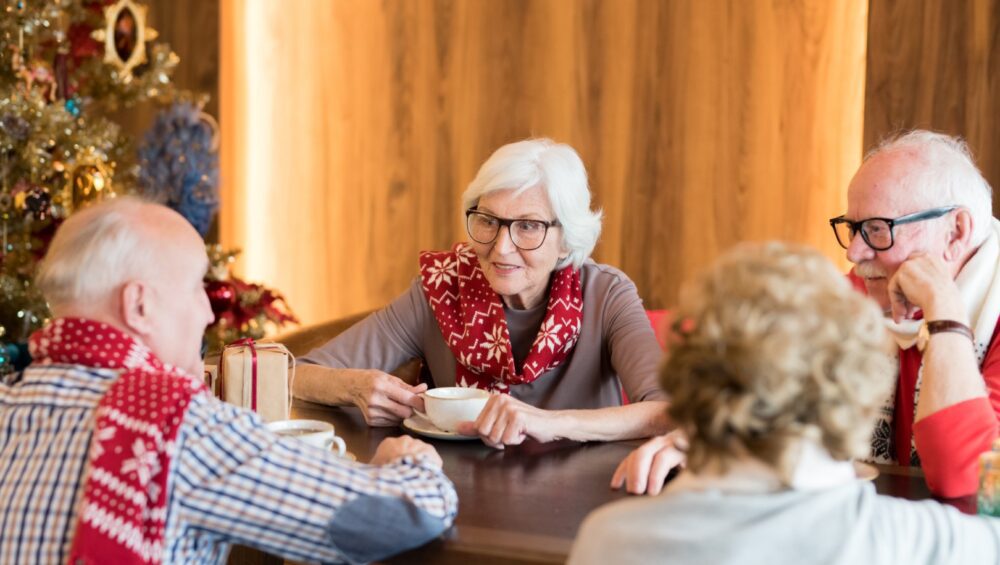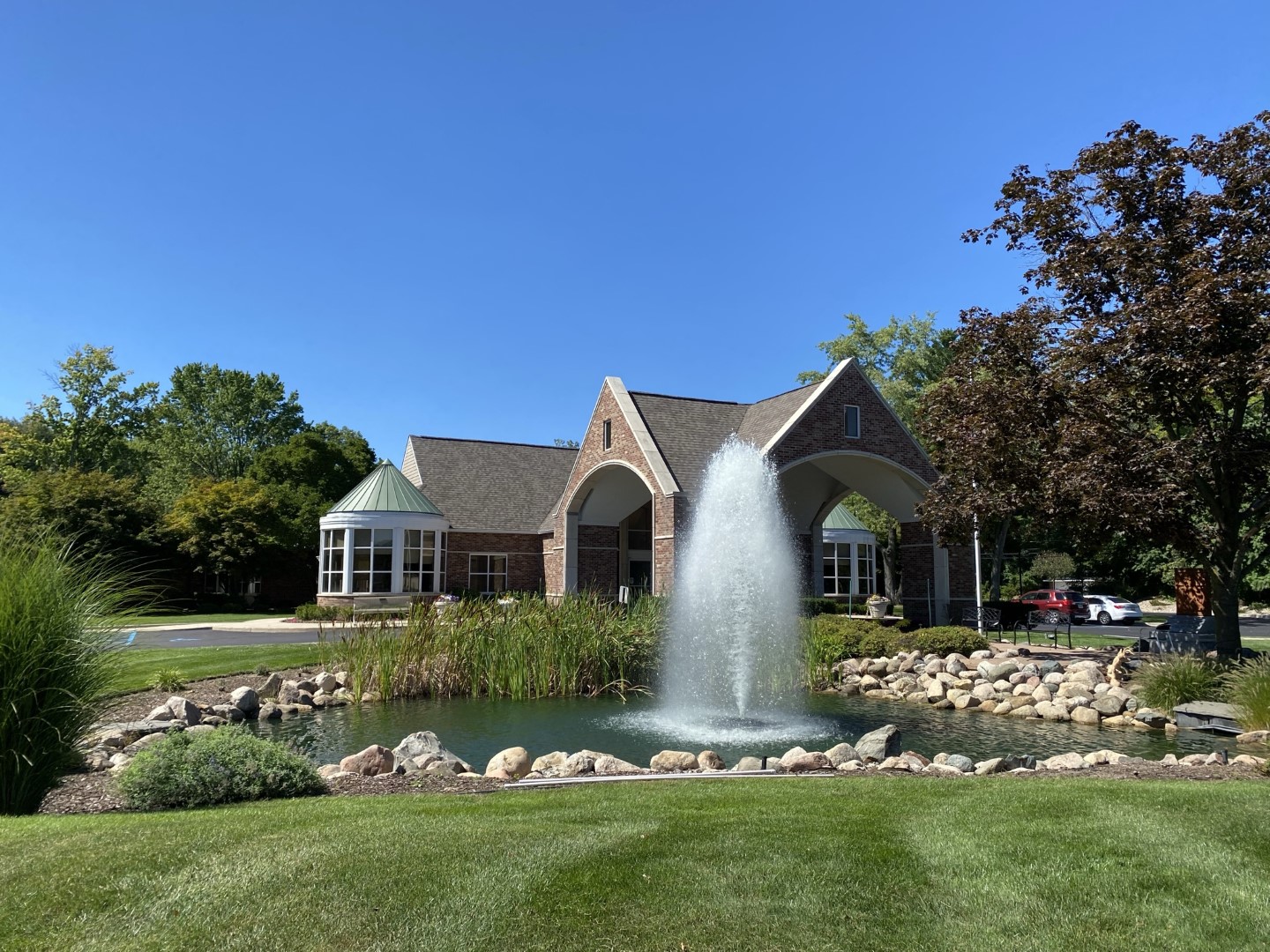Socialization is an essential aspect of life for seniors, and it can have a significant impact on their overall health and well-being. In this article, we will discuss the importance of socialization for seniors and provide tips for staying socially active.
Why is socialization important for seniors?
Socialization plays a vital role in our lives, including fostering relationships, establishing good communication skills, and promoting a sense of community. As we age, the importance of socialization doesn’t wear off — in fact, it only becomes more important for our overall health. Socializing with friends and family can help improve mood and cognitive function. Studies show that loneliness and social isolation are associated with higher risks for health problems such as heart disease, depression, and cognitive decline.
It is important for seniors to social because it helps them maintain their self-esteem and sense of worth, boost their cognitive health and keep them mentally sharp and intellectually engaged, improve memory and longevity by reducing stress and isolation, and provide a sense of purpose and connection to others, which is crucial for maintaining a high quality of life. Socializing with friends and family can help improve mood and cognitive function. Studies show that loneliness and social isolation are associated with higher risks for health problems such as heart disease, depression, and cognitive decline.
Socialization can also help seniors stay physically active. For example, joining a club or group based on your interests is an excellent way to meet new people and stay socially active. You can find clubs or groups that cater to your interests by searching online or checking with your local community center. Volunteering is another excellent way to stay socially active while also giving back to your community. You can volunteer at a local charity or organization that aligns with your interests. Taking classes or learning a new skill can help stimulate the brain and improve cognitive function. You can take classes at your local community center or online. Attending community events such as fairs, festivals, or concerts is an excellent way to meet new people and stay socially active.
Staying connected with family and friends is crucial for seniors’ overall well-being. You can stay connected by scheduling regular phone calls or video chats. In addition to these tips, there are many other ways that seniors can keep their minds active. For example, reading books and magazines is a great way to keep your mind active. It can help improve vocabulary, comprehension, and critical thinking skills. Games such as crossword puzzles, Sudoku, and chess can help improve memory, problem-solving skills, and cognitive function. Engaging in arts and crafts such as painting, drawing, knitting, or sculpting can help improve cognitive function and reduce stress. Exercise is not only good for physical health but also for mental health. Regular exercise can help improve mood, reduce stress, and improve cognitive function.
Tips for keeping seniors socially active:
- Join a club or group: Joining a club or group based on your interests is an excellent way to meet new people and stay socially active. You can find clubs or groups that cater to your interests by searching online or checking with your local community center.
- Volunteer: Volunteering is an excellent way to stay socially active while also giving back to your community. You can volunteer at a local charity or organization that aligns with your interests.
- Take classes: Taking classes or learning a new skill can help stimulate the brain and improve cognitive function. You can take classes at your local community center or online.
- Attend community events: Attending community events such as fairs, festivals, or concerts is an excellent way to meet new people and stay socially active.
- Stay connected with family and friends: Staying connected with family and friends is crucial for seniors’ overall well-being. You can stay connected by scheduling regular phone calls or video chats.
In addition to these tips, there are many other ways that seniors can keep their minds active. For example:
- Reading Books and Magazines: Reading books and magazines is a great way to keep your mind active. It can help improve vocabulary, comprehension, and critical thinking skills.
- Playing Games: Games such as crossword puzzles, Sudoku, and chess can help improve memory, problem-solving skills, and cognitive function.
- Doing Arts and Crafts: Engaging in arts and crafts such as painting, drawing, knitting, or sculpting can help improve cognitive function and reduce stress.
- Exercising Regularly: Exercise is not only good for physical health but also for mental health. Regular exercise can help improve mood, reduce stress, and improve cognitive function.
- Identifying Plants: Identifying plants is a great way to keep your mind active while enjoying the outdoors.
Socialization is crucial for seniors’ overall well-being, and it’s essential to stay socially active as we age. It’s important for seniors to stay mentally active as they age to maintain their independence and quality of life. By following the strategies outlined above, seniors can lead happier and healthier lives.





